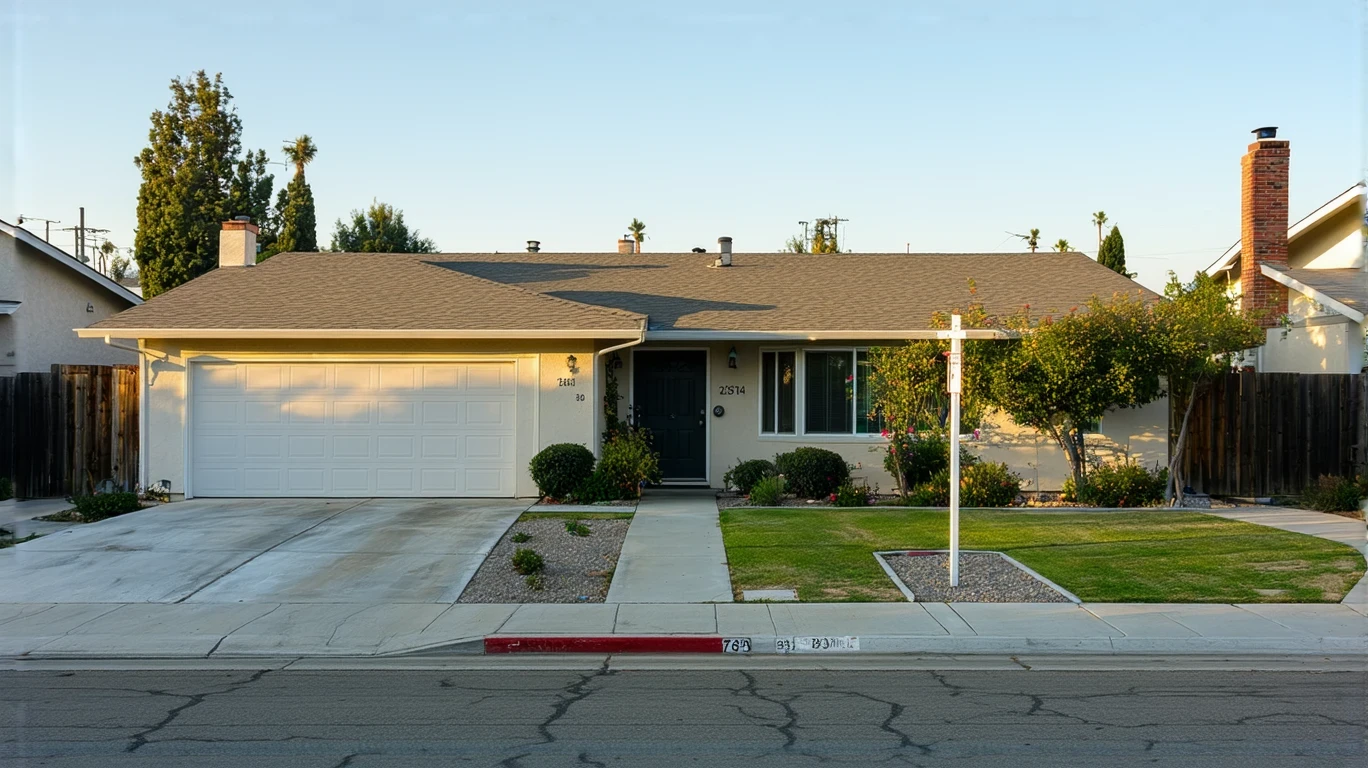
Budgeting Smarter in Redlands
How much do you really need to earn to live comfortably in Redlands, California? Whether you’re a new mover or current resident, estimating your monthly expenses is key to financial stability. In Redlands, housing and electricity often make up more than 55% of a household’s budget. But depending on your lifestyle, your monthly budget in Redlands can look very different. Here are some typical examples.
What Real Budgets Look Like in Redlands
Let’s break down the monthly expenses for three common Redlands households:
| Expense | Jasmine (Single Renter) | Sam & Elena (Dual-Income Renters) | The Ortiz Family (Homeowners) |
|---|---|---|---|
| Rent/Mortgage | $1,400 | $2,200 | $2,800 |
| Utilities | $120 | $220 | $350 |
| Food | $400 | $800 | $1,200 |
| Transportation | $150 | $500 | $800 |
| HOA/Fees | $0 | $0 | $350 |
| Miscellaneous | $400 | $800 | $1,200 |
| Savings | $530 | $1,480 | $1,800 |
| Total | $3,000 | $6,000 | $8,500 |
These estimates reflect common lifestyle costs in Redlands. All income figures are gross monthly income (pre-tax).
As you can see, housing makes up the largest portion of most Redlands budgets. Jasmine, a single renter working remotely and earning $3,000/month, spends nearly half her income on rent for a modest 1-bedroom apartment. Sam and Elena, a dual-income couple renting a 2-bedroom, have more breathing room but still allocate over a third of their $7,000 joint income to housing.
The Ortiz family, homeowners with two kids and a $9,500 monthly household income, pay almost as much for their mortgage, HOA fees, and higher utility costs. However, they benefit from building equity and potential tax deductions. Food is their second largest expense, averaging $1,200/month for a family of four.
Biggest Cost Drivers
What factors have the biggest impact on your Redlands budget? Seasonal utility costs are a major one. In Redlands, the cost of electricity can rise substantially in summer due to air conditioning use. Choosing an energy-efficient rental or upgrading your home’s insulation can help mitigate this.
Transportation is another key variable. Commuting by car from Redlands to Los Angeles or Orange County can easily add $300+/month in gas and vehicle wear-and-tear. Public transportation, like the Metrolink train, is cheaper but will affect your housing choices and commute time.
For homeowners, HOA fees can be a sneaky addition, often adding $200–$400+/month on top of the mortgage payment. And of course, rising rents are an ongoing challenge for those who don’t own. Rents in Redlands have increased 5-8% per year recently.
Tips to Stretch Your Budget Further
While some costs are fixed, Redlands offers a few ways to save:
- Shop at discount grocery stores like Aldi or WinCo Foods
- Take advantage of SCE’s summer discount plans for electricity
- Install heat-blocking window films to reduce A/C dependence
- Use Metrolink or Omnitrans buses instead of driving when possible
🏆 Pro Tip: Check for utility rebates and incentives in Redlands to offset costs for energy-efficient appliances, smart thermostats, shade trees, and more.
FAQs About Monthly Budgets in Redlands
Q: Can you live in Redlands on $3,000/month?
A: Yes, but it will be tight for a single person. Expect to pay at least $1,200/month for a studio or 1-bedroom rental. You’ll need to be frugal with other expenses and may have limited ability to save.
Q: What’s a realistic rent budget for Redlands?
A: If you want to keep rent under 30% of your gross income (a common recommendation), plan on $1,500/month for a $5,000 monthly income, or $2,100/month for a $7,000 income. In neighborhoods like Downtown Redlands, even a 1-bedroom can exceed $2,000/month.
Q: What’s a good overall budget for a $4,000/month income in Redlands?
A: Allocating $1,400 for housing, $400 for food, $200 for utilities, $200 for transportation, $600 for discretionary spending, and $1,200 for savings and debt repayment would be a balanced approach. But your exact percentages may vary based on your lifestyle and goals.
Planning Your Next Step
Moving to Redlands or re-evaluating your budget as a current resident? Start by assessing your own must-haves and nice-to-haves. Use the examples above as a baseline, but don’t be afraid to adjust based on your unique priorities and lifestyle.
No matter your situation, housing will likely be your largest expense, so focus on finding a sustainable rent or mortgage payment first. Don’t forget to account for utilities, transportation, and savings goals. With smart planning and a few local budget hacks, you can make the most of your money in Redlands.
